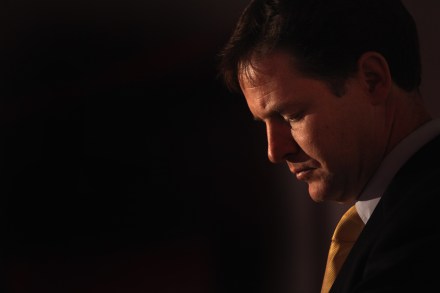An obstacle to the Big Society
Toby Young’s piece in the latest issue of the Spectator magazine captures one of the problems facing the Big Society. It’s not that people don’t want to donate their time to fill in the cracks left by the cuts – it’s that they’re often blocked from doing so. Toby highlights the case of Kensal Rise Library, which a local group of volunteers had hoped to save from the axe. But local council chiefs have hardly greeted their plan for running the library with enthusiasm. As Toby puts it: “On Monday, the council produced its considered response in the form of a 178-page ‘supplement’ to … well, it doesn’t say. In



















